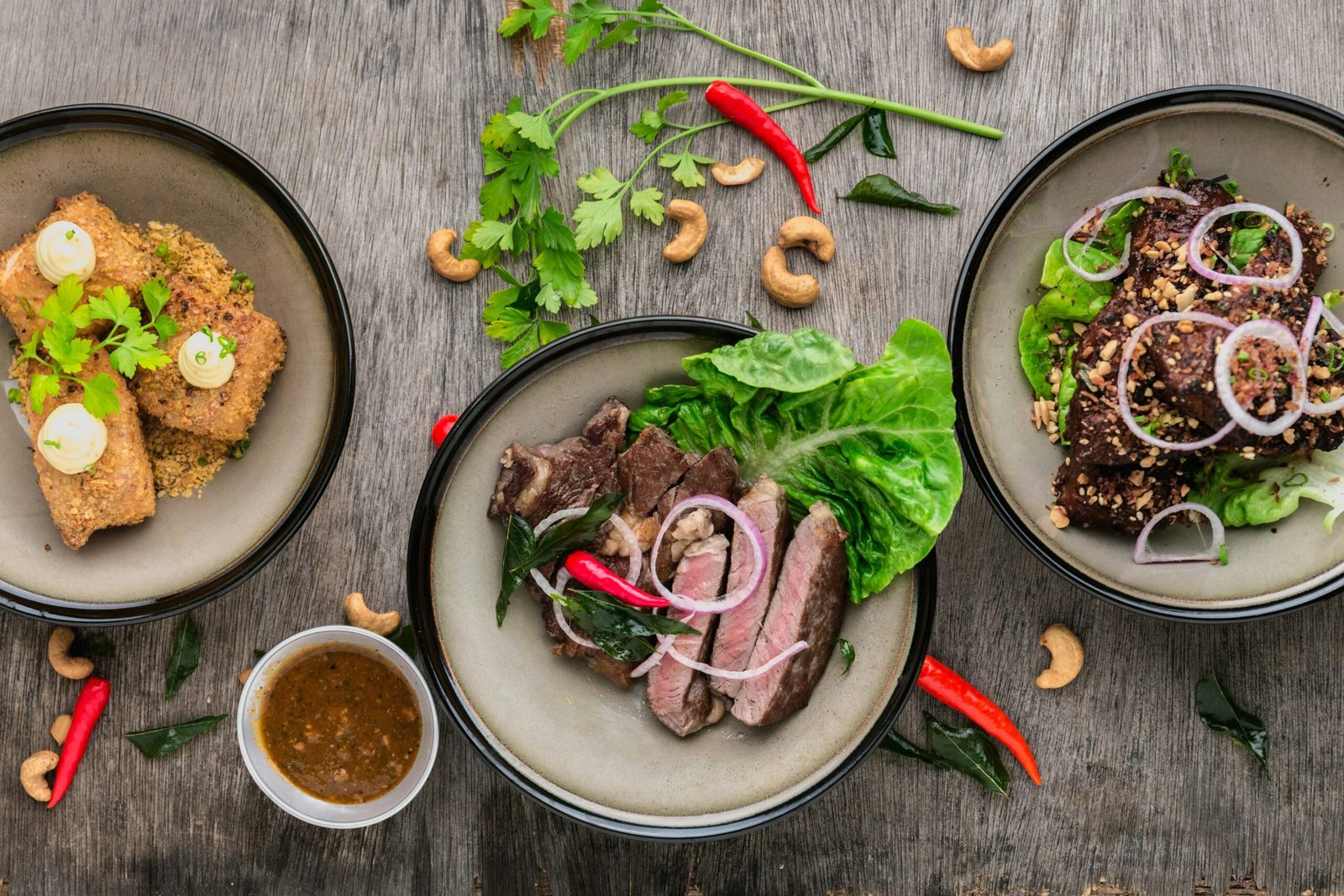Hello there! If you’re interested in improving your diet and starting your journey towards a healthier lifestyle, I’m here to assist you. I understand that it can be challenging to maintain a healthy diet, especially when you’re surrounded by tempting but unhealthy foods. But don’t worry, I’m here to support you. Before we move on to my guide, let’s take a moment to understand the importance of The Power of Gentle Discipline.
The Power of Gentle Discipline in Nourishing Ourselves
In our quest for healthier living, we often encounter the concept of discipline, especially concerning our dietary habits. While discipline is crucial for maintaining balance and achieving our wellness goals, it’s equally important to approach it with gentleness and compassion, particularly when it comes to food.
1. Building a Positive Relationship with Food: Gentle discipline fosters a positive relationship with food. Instead of viewing food as the enemy or succumbing to strict, punitive measures, we can learn to embrace it as nourishment for both body and soul.
2. Cultivating Mindful Eating Practices: Gentle discipline encourages mindful eating, which involves being present and attentive while consuming food. By savoring each bite and listening to our body’s hunger and fullness cues, we can foster a deeper connection with the food we eat and better regulate our intake.
3. Honoring Our Body’s Needs: Rather than imposing rigid dietary rules, gentle discipline allows us to honor our body’s unique needs and preferences. It’s about tuning into our internal cues and making choices that support our overall well-being, whether that means indulging in a favorite treat occasionally or opting for nourishing, wholesome foods most of the time.
4. Embracing Flexibility and Balance: Gentle discipline promotes flexibility and balance in our approach to eating. It recognizes that life is dynamic, and there will be times when we deviate from our ideal eating patterns. Instead of berating ourselves for perceived failures, we can practice self-compassion and course-correct without judgment.
5. Nurturing Self-Compassion: Above all, gentle discipline nurtures self-compassion. It acknowledges that we’re human and bound to make mistakes along the way. Rather than viewing setbacks as failures, we can see them as opportunities for growth and learning, treating ourselves with kindness and understanding as we navigate our dietary journey.
Essentially, gentle discipline provides a caring framework that helps us take care of ourselves both physically and emotionally. By adopting mindful eating, respecting our body’s needs, and fostering self-compassion, we can nurture a sustainable approach to food that enhances our overall well-being and balance. Let’s embark on this journey with kindness and serenity, knowing that every step we take brings us closer to a healthier and happier relationship with food. You can now check out the full guide that I share, which includes some tips that could be useful to you.

Set Clear Goals
Define your objectives clearly. Whether it’s weight loss, muscle gain, or simply improving overall health, having specific, measurable goals keeps you focused. One helpful way to achieve your health goals is by tracking your meals, and a Wellness Planner & Food Journal can help you do just that.
Plan Ahead
Define your objectives clearly. Whether it’s weight loss, muscle gain, or simply improving overall health, having specific, measurable goals keeps you focused and reminds you why to stay disciplined. One thing that helps me stay focused is to have a reminder nearby about why I need to stay disciplined. Try placing inspiring phrases in your wardrobe or keeping a special outfit in view that you’re working towards fitting into. Seeing these reminders daily can help you stay motivated towards your goals.
Stock Up on Healthy Options
It’s a good idea to stock up your pantry and fridge with nutritious foods like fruits, vegetables, lean proteins, whole grains, and healthy fats. When you have healthier options at hand, you’re less likely to go for unhealthy snacks. You can make meal planning easier by creating a shopping list on Sunday afternoons and deciding on what meals you’d like to prepare for the week.

Practice Portion Control
Overeating, even healthy foods, can thwart your progress. Learn to listen to your body’s hunger and fullness cues and portion your meals accordingly.
Stay Hydrated
Often, feelings of hunger are mistaken for thirst. Keep a water bottle handy and aim to drink at least 8 glasses of water a day to stay hydrated and curb unnecessary snacking.

Mindful Eating
Slow down and savor each bite. Pay attention to the flavors, textures, and sensations of the food. Mindful eating not only enhances your enjoyment of meals but also prevents overeating by allowing your brain to register satiety signals.
Treat Yourself Occasionally
Depriving yourself completely of your favorite treats can lead to feelings of resentment and ultimately sabotage your efforts. Allow yourself occasional indulgences in moderation to satisfy cravings without derailing your progress.
Find Healthy Alternatives
Get creative in the kitchen and explore healthier versions of your favorite dishes. For example, swap traditional pasta for zucchini noodles, or use Greek yogurt as a substitute for sour cream in recipes. Once in a while, treat yourself to some snack options to satisfy cravings. These chips are a popular Amazon option made from lentils and chickpeas. They make for a good, crunchy snack once in a while.
Incorporate Superfoods
Superfoods are nutrient-rich foods that offer numerous health benefits. Incorporate foods like berries, kale, quinoa, and salmon into your meals to boost your nutrient intake. If you struggle to incorporate superfoods into your daily diet, consider taking supplements such as salmon oil, which has numerous health benefits.
Seek Support
Surround yourself with like-minded individuals who support your journey towards healthier eating. Whether it’s joining a cooking class, finding a workout buddy, or seeking guidance from a nutritionist, having a support system can help keep you accountable and motivated.
Practice Self-Compassion
Remember that nobody is perfect, and making mistakes is a natural part of the process. Instead of being overly critical of yourself, it’s important to practice self-compassion and focus on making healthier choices moving forward. Based on my personal experience, I recommend that you take note of the things you think you didn’t do right, so you can improve in the future. Always remember that improving our health, depending on our goals, is a continuous learning journey.

By implementing these tips and recommendations, you can cultivate discipline in your diet while still enjoying delicious and nutritious meals. With consistency and perseverance, you’ll be well on your way to achieving your health and wellness goals. Bon appétit! 🥗🍎




